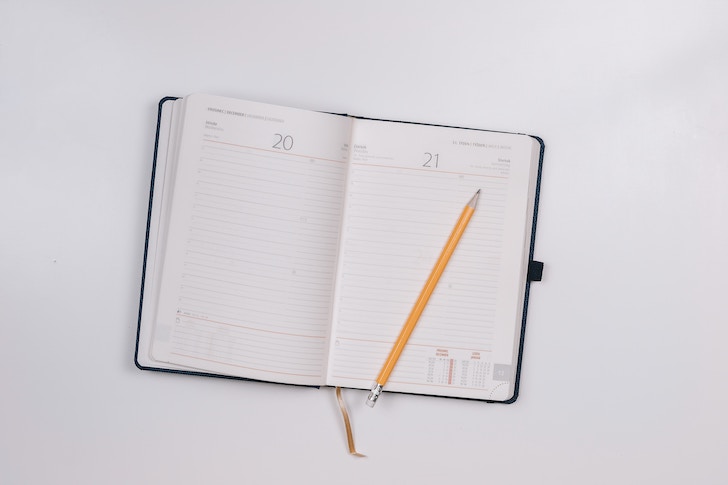Being productive does not just mean spending a huge amount of time staring at your computer screen. In fact, the most productive people tend to work less hours than you would probably suspect. There are some tips and tricks that you can start using to help you be as productive as possible. It is important to remember that each of us are different, so tweak these strategies so they work best for you.
Does this scenario sound familiar? You walk into the office motivated and ready to tackle the day. You have a list of to-dos that you plan to check off one by one before the day is over. But then, all of a sudden, it is the middle of the afternoon and you have barely accomplished anything. Now, you have even more work on your plate and hardly any time to finish it.
This is a situation that happens all too often. As a result, you might spend even more hours at the office, or work from home late into the night. You might start to sacrifice time with your friends and family and start to feel emotionally exhausted and stressed out from just the thought of work.
So, what do you do? The answer is not to work longer hours. Instead, you need to look for ways to effectively manage your time so that you are able to work more efficiently with the hours that you have.
Here are some tips that you can start using today to become more productive during your regularly scheduled office hours:
- Prioritize your daily tasks. One of the best ways to combat procrastination is to accomplish your most challenging or important tasks at the beginning of your day. To do this, make sure that you have an ongoing to-do list that is constantly updated and includes a hierarchy of your most important tasks.
- Strategically use your open time slots. In an average day, most of us will also be juggling things like meetings and presentations. If you know that you just have a few minutes before you need to run out the door, focus on crossing off a few easy tasks like answering emails. Save getting started on that big client presentation for a larger period of uninterrupted time where you can really concentrate and get into the flow.
- Know your personal energy flows. Each of us have different energy states that vary throughout the day. Some of us tend to be more productive first thing in the morning, whereas others will feel more alert and energetic later in the day. Know when your mental peaks and valleys are and plan your higher and lower mental tasks accordingly.
- Incorporate personal time and mental breaks. Working through lunch may actually do more harm than good. Remember that you need to give yourself mental and physical breaks if you are going to continue to operate at a high level. Take time to step away from the computer and walk around the block and make sure you are fully present when spending time with family. Every once in a while, you will need to replenish your energy levels.
It can be incredibly stressful to spend an entire day at the office and then have little to show for it when the clock strikes five. By taking the above tips into account, you can make sure that you are not just working longer but working smarter. You will produce better work as a result and decrease your stress levels and risk of burnout.






